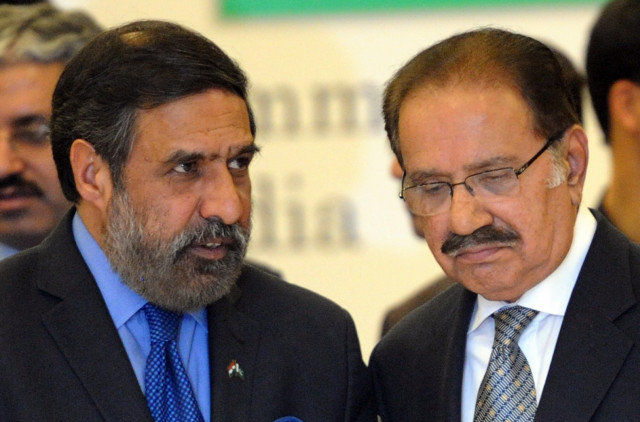Liberalise all visas
If the ultimate goal is sustainable peace, Pakistan and India just made a substantial stride towards achieving that.

As is always the case with Pakistan-India agreements, however, there is a lot more that can and should have been done. If the ultimate aim is lasting peace and both the PPP and Congress governments have demonstrated their dovish instincts in the recent past, then visa reforms should have been more wide-ranging. There is no remedy better than people-to-people contacts to remove mutual suspicion and hatred between Pakistanis and Indians. Making it easier for artists and sportsmen to travel to each other’s countries would have generated much goodwill and held very little political risk. Indeed, with Pakistani cricketers shut out yet again from the IPL cricket auction, this would have been an opportune moment to announce a resumption of sporting ties.
Still, the more closely intertwined the two countries become through trade, the harder it is to resort to violence as a solution to political problems. Thus, the decision by Pakistan to grant India Most-Favoured Nation trading status and to gradually remove the list of goods that can’t be imported from India will end up being very consequential in the peace process. As the two countries come to rely on each other for prosperity, hawks will find it harder to gin up anger over every small incident. If the ultimate goal is sustainable peace, then Pakistan and India just made a substantial stride towards achieving just that.
Published in The Express Tribune, February 20th, 2012.













COMMENTS
Comments are moderated and generally will be posted if they are on-topic and not abusive.
For more information, please see our Comments FAQ